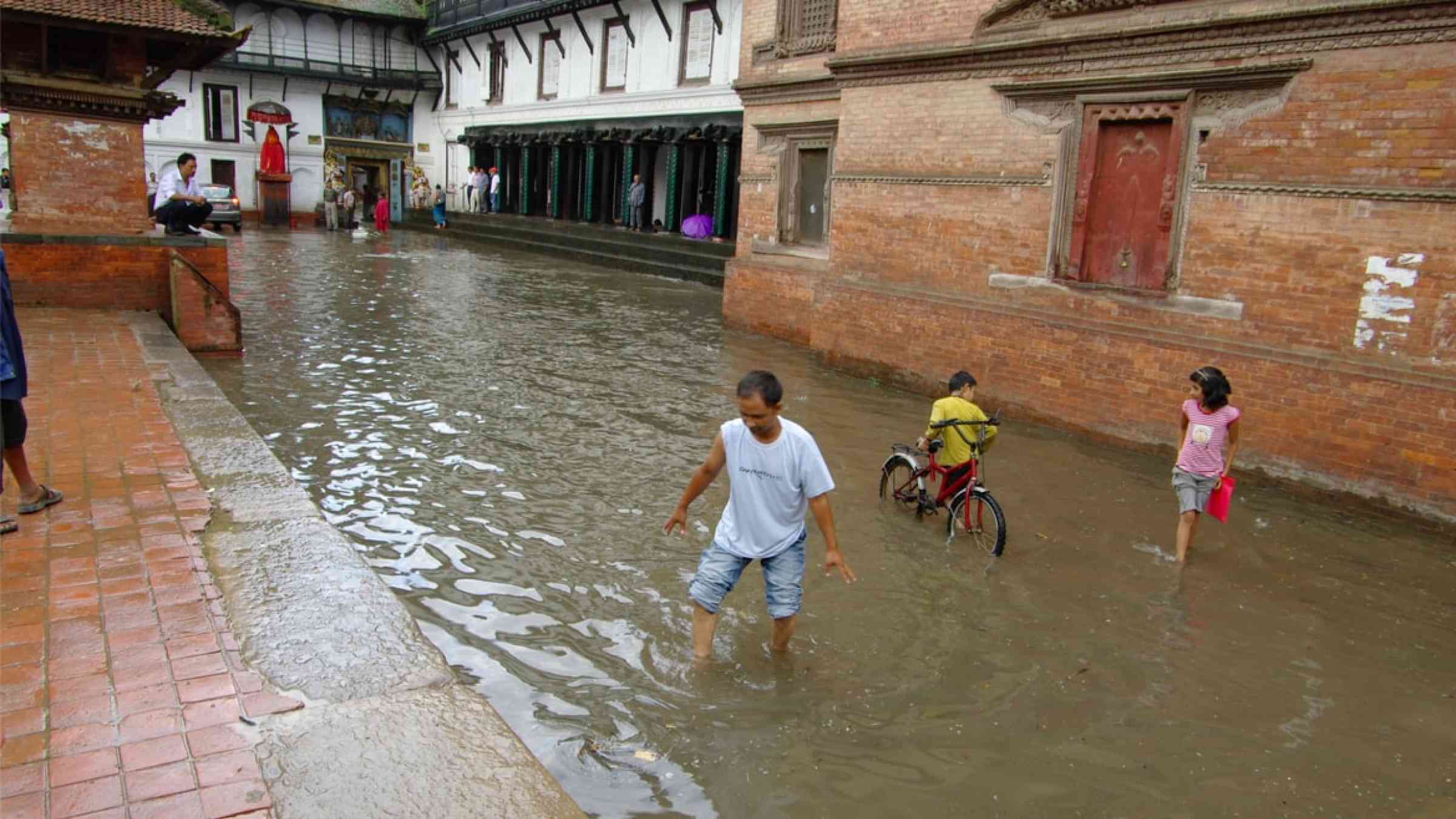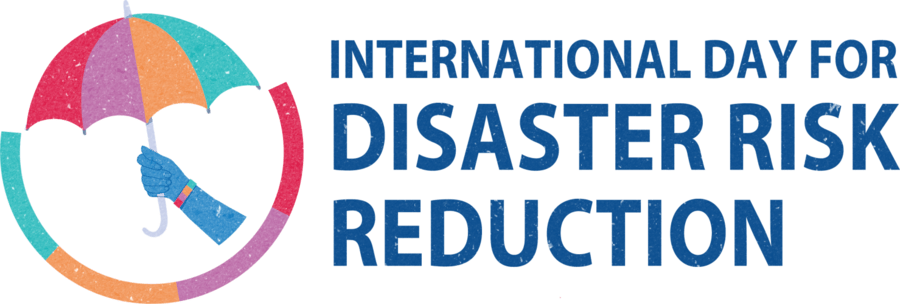UNDP and the Japan Bosai Platform work together to accelerate digitalization in disaster risk reduction for vulnerable groups

Bangkok and Tokyo. October 2021. Under the DX4Resilience project funded by the Government of Japan, UNDP, in partnership with the Japan Bosai Platform (JBP), launched a joint initiative to boost vulnerable groups’ resilience to disasters and the impacts of climate change through the co-creation of innovative digital solution(s) for Nepal, Philippines and Sri Lanka.
The lives and livelihoods of vulnerable groups are disproportionately affected by the increasingly frequent disasters, which are also exacerbated by the impacts of climate change as well as by the impacts of new coronavirus infections. In this context, this joint initiative aims to enhance the capacities of vulnerable groups and communities in the three countries to cope with disasters by increasing their access to early warning messages and strengthening their ability to act on them.
The JBP is the only cross-industry disaster risk reduction organization in Japan consisting of around 100 private sector companies and organizations working in areas related to disaster risk reduction, and has been actively promoting the collaboration among industry, governments and academia in Japan and globally. Through this partnership, UNDP aims to leverage their expertise, knowledge, and innovation capabilities. JBP’s strong network of companies will help government officials, vulnerable groups, and UNDP identify innovative digital solutions that aim to empower and engage vulnerable groups and enhance the government’s institutional capacity in the three project countries.
UNDP’s DX4Resilience project has conducted vulnerability mappings and analyses in the three countries to help the government better understand who the most vulnerable are, where they are located, the disaster risks they face and what their priority needs are; in order to increase their preparedness to disasters, through the lens of data governance for resilience. The multiple intersecting vulnerabilities and challenges faced by vulnerable groups have been identified based on UNDP's Leave No One Behind Framework.
The study found that persons with disabilities, women, lesbian, gay, bisexual, transgender, queer and intersex (LGBTQI), farmers, and fisherfolk generally come from lower-income classes. They are highly exposed to various climate-induced hazards, and they are vulnerable and have insufficient capacities to cope. A digital divide exists, and these individuals often have limited or no access to digital services due to multi-dimensional barriers that hinder their use of technologies. Consequently, it contributes to restrict vulnerable groups' access to early warning messages, which compounds their already weak ability to respond to the same.
Using this analysis, UNDP and JBP will work closely with key stakeholders, including the Government and vulnerable groups, to co-identify innovative and targeted digital solution(s) for inclusive early warning systems, and provide coordination support. UNDP and JBP will explore how digital DRR solutions can help address vulnerable groups’ DRR needs, and contribute to the empowerment of vulnerable groups and key country stakeholders to help them use technology to prepare for and respond to disasters.
The co-identified digital solution(s) will build upon the Government’s efforts to strengthen its early warning systems for vulnerable groups. An operational and inclusive multi-hazard early warning system which can reach the last mile is of strategic importance for the Government of the three countries to achieve the national development priorities.
